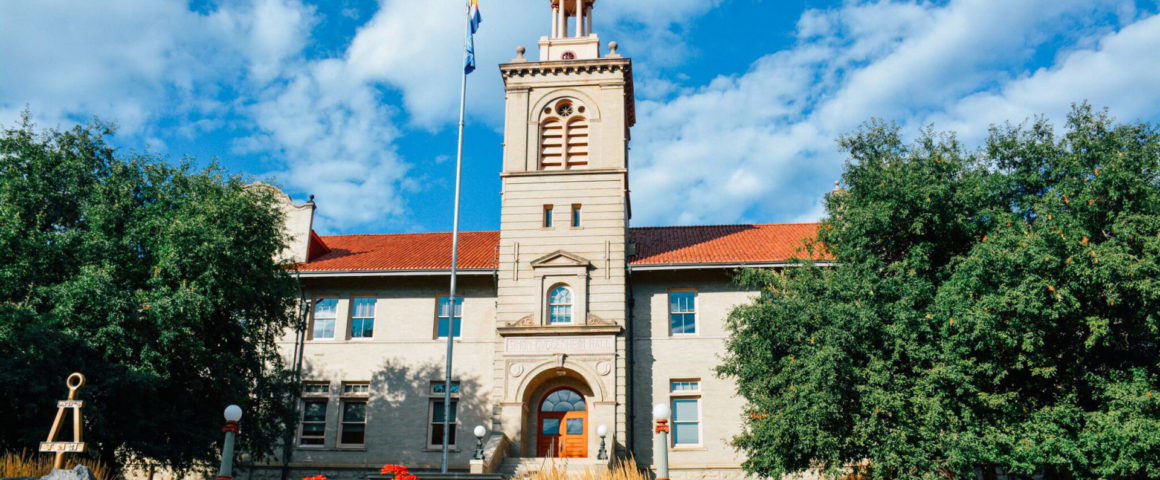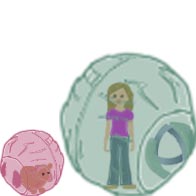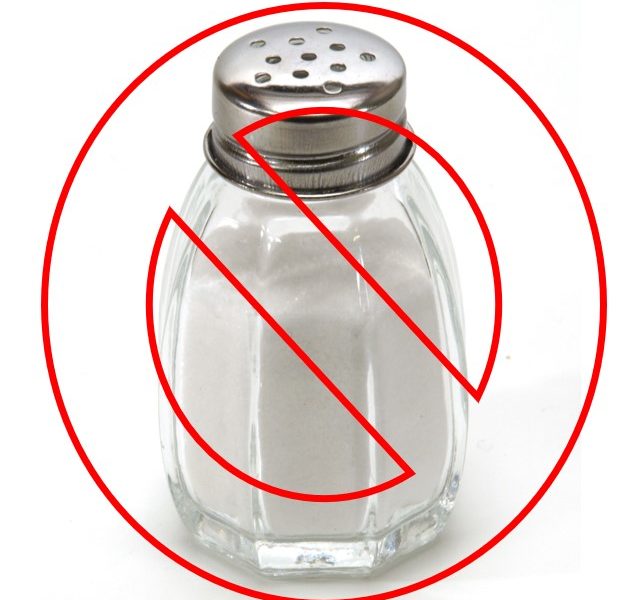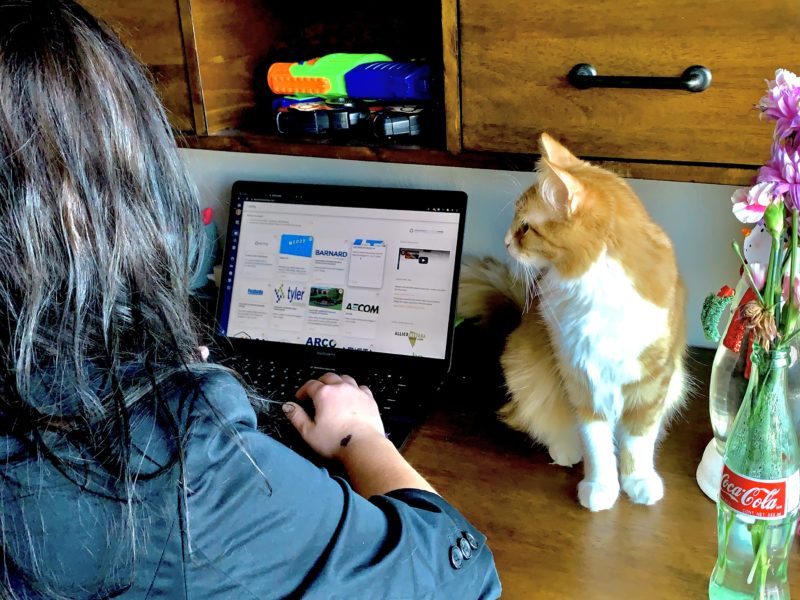It’s no secret our school prides itself on its reputation: smart, hard, high-paying careers. Mines has the highest admission standards of any public Colorado university. Our degrees are nationally top ten in Return on Investment. We dynamited the lawn of Denver University at 4 am back in 1919. Not gonna lie, we Orediggers are kinda awesome.
Of course, we aren’t perfect; a stark shadow stains our prestige. I can’t speak for those out-of-state, but while I received congratulations on my enrollment, I was quipped with wishes of my survival while attending the school with the highest rate of suicide in Colorado. While this may or may not be a myth, the reputation of our school’s character is far from shining optimism.
From my experience, Mines is not a hopeless place. Mines is future-orientated with prospecting in our blood. We are prepared as engineers to construct and repair the world around us. Or maybe, if we’re honest, we’re very looking forward to that engineer’s paycheck.
However, being a “rambling wreck” isn’t a quirky verse isolated to our fight song. Mines is hard. Our school, much like its students, is that ‘try-hard kid’: the only forsaken university to make every major complete the calculus sequence and the iron lab. (And also the only school not to close when all of Jeffco called it for a snow day). We, the students, are all likely from the top 10% of our graduating class: Mines makes quick work to knock us down a few pegs. The mindset we operate under is on us. There is a comradery of shared suffering, the commonplace conversation of sacrifice and loss over academics (over-dramatized or otherwise). Success is survival, and survival is success.
Obviously, this isn’t everyone. I do believe everyone, to some degree, eventually conceded to the necessity of asking for help. Failure is the best teacher if embraced and an individual process to grow from. However, although I frame this as an individual responsibility, I see that Mines as an institution doesn’t do enough. There is an under-emphasis of the resources available to students and lack action to mitigate our fixation on success. Perhaps we are meant to leave Mines scathed to have an edge in the world, but a school that imparts that conclusion likely indicates there’s something wrong.
I will concede that the current ‘Mines’ is under transition, and we are caught in between pushes of hopeful change and pulls of old habits. The irritating thing about change isn’t the amount of work required; what often disillusions the advocates is the long wait needed for change to manifest. That subconscious realization, if not resolved and accepted, makes hope dead on arrival. Time will tell how Mines, as an administration and a student body, will transform – the choice to be patient with hope will push the transformation for the better.
On an ending note, if you somehow decided to pick up this issue, flipped to at least probably page 7, and read down here, always remember: you’re not alone. We’re not alone. We can at least change ourselves if not everything else.





'A Reflection on the State of Mines' has 1 comment
September 17, 2022 @ 6:20 pm Larry Post
Nice closing, you are not alone.